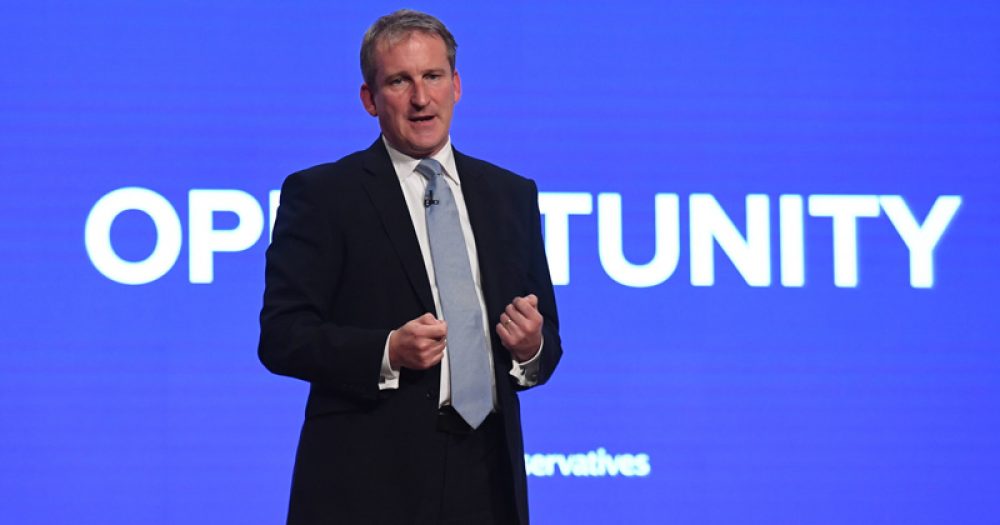The number of unconditional offers handed to pupils has risen again this year, despite demands from ministers that universities curb their use of the controversial practice.
The latest figures from the Universities and Colleges Admissions Service show that 38 per cent of 18-year-olds received a offer with some unconditional element this year, compared with 34 per cent last year.
The data also shows that 67 per cent of applicants with unconditional offers missed their predicted grades, in comparison with 56 per cent of fellow students with offers that depended on their A-level grades.
The proportion of applicants receiving so-called “conditional unconditional” offers, where an offer becomes unconditional if the applicant makes the university in question their first choice, has also risen from 20 per cent to 25 per cent.
UCAS said the use of unconditional offers “remains a complex issue and continues to evolve”.
“We look forward to working with the Office for Students and Universities UK on their respective upcoming admissions practice reviews, to deliver meaningful recommendations,” a spokesperson said.
In 2019, 97,045 pupils received an offer with an unconditional element, up from 87,540 in 2018. The rise comes despite efforts a pledge by the government to crack down on the issue, which heads fear causes pupils to work less hard at their A-levels.
In April, the former education secretary Damian Hinds branded strings-attached offers “unethical” and called for a review.
In the same month, the University of Nottingham became the first university to announce that it would end the practice of making unconditional offers from September, except to applicants who have already achieved the required grades for their course.
In May, Hinds announced that eight universities had agreed to end the practice of making strings-attached offers, while seven more pledged to renew their admissions policies and a further eight universities had refused to change course.
In the same month it was revealed that some universities had taken legal advice in response to Hinds’ announcement, and warned that any effort to curb the practice risked breaching the new Higher Education and Research Act.
Gordon Marsen, the shadow higher education minister, said it was “deeply concerning that the number of unconditional offers continues to rise, with seemingly no regard for the potentially negative effect they have on students”.
‘’Radical reform of our admissions system is needed to ensure wider access to higher education, support for disadvantaged young people, and that the needs of students are put first,” he said.
The Department for Education said there was “a place for unconditional offers”, but expressed concerns about their increasing use.
“We know some students who accept unconditional offers can be more likely to miss their predicted A Level grades,” said a spokesperson.
“We also have particular concerns about the use of conditional unconditional offers, which can potentially pressure students into accepting a place which may not be the best option for them.’’
James Turner, the chief executive of the Sutton Trust think tank, said it was “concerning that unconditional offers are continuing to rise and imperative we understand more about their impact on social mobility”.








Your thoughts